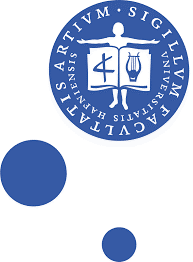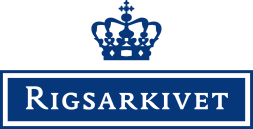Comparing causes of death across time and space: towards a historically-accurate codification system for historical causes of death derived from ICD10
Organized by SHiP network, Rigsarkivet and Copenhagen Center for Health Research, University of Copenhagen.
Date: 18 September 2018, 9.00 - 17.30.
Venue: Rigsarkivet (Danish National Archives), Rigsdagsgården 9, Copenhagen 1560
One of the main challenges in comparing causes of death over time and space is the differences in the classifications and nosologies used. When using published statistics, researchers are limited by the way that contemporaries thought and wrote about diseases. Individual level causes of death, on the other hand, offer an opportunity to overcome some of these problems by the application of a common coding system and classification systems. However, how to create such a system?
This enormous challenge is the core endeavour of this workshop, where members of the SHIP network (Studies of Health in Port Cities) as well as other interested researchers from historical demography, medical and social history, ethnology and epidemiology will endeavour to find ways to collaborate.
The discussions will focus on how the ICD-10 (international Classification of Diseases) can be used, and modified, to be used with historical cases. In particular, it will focus in how to deal and code historical expressions that today are no longer consider as diseases or causes of death but had clear meanings to the contemporaries. Clear examples of those are “old age”, “teething” but also generic terms as “feber” that need to be taken into account so they do not get lost within current definitions of diseases or just get thrown under the “unspecified” box.
Additionally, the discussion will address ways of a) moving from a common theoretical framework to a data collaborator that can actually produce comparative research; b) fully complementing medicine history with historical demography.



